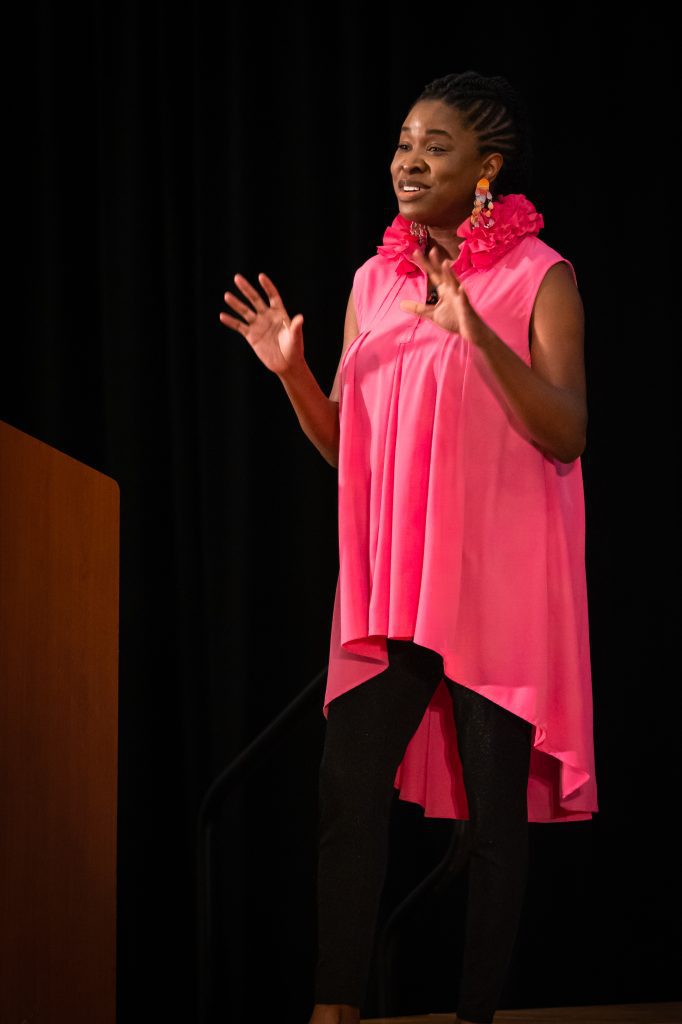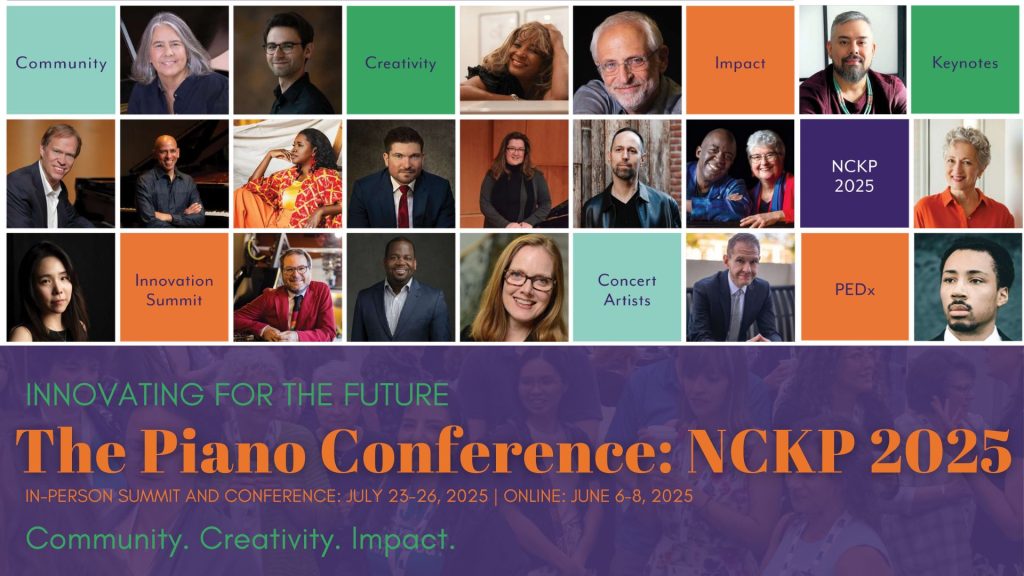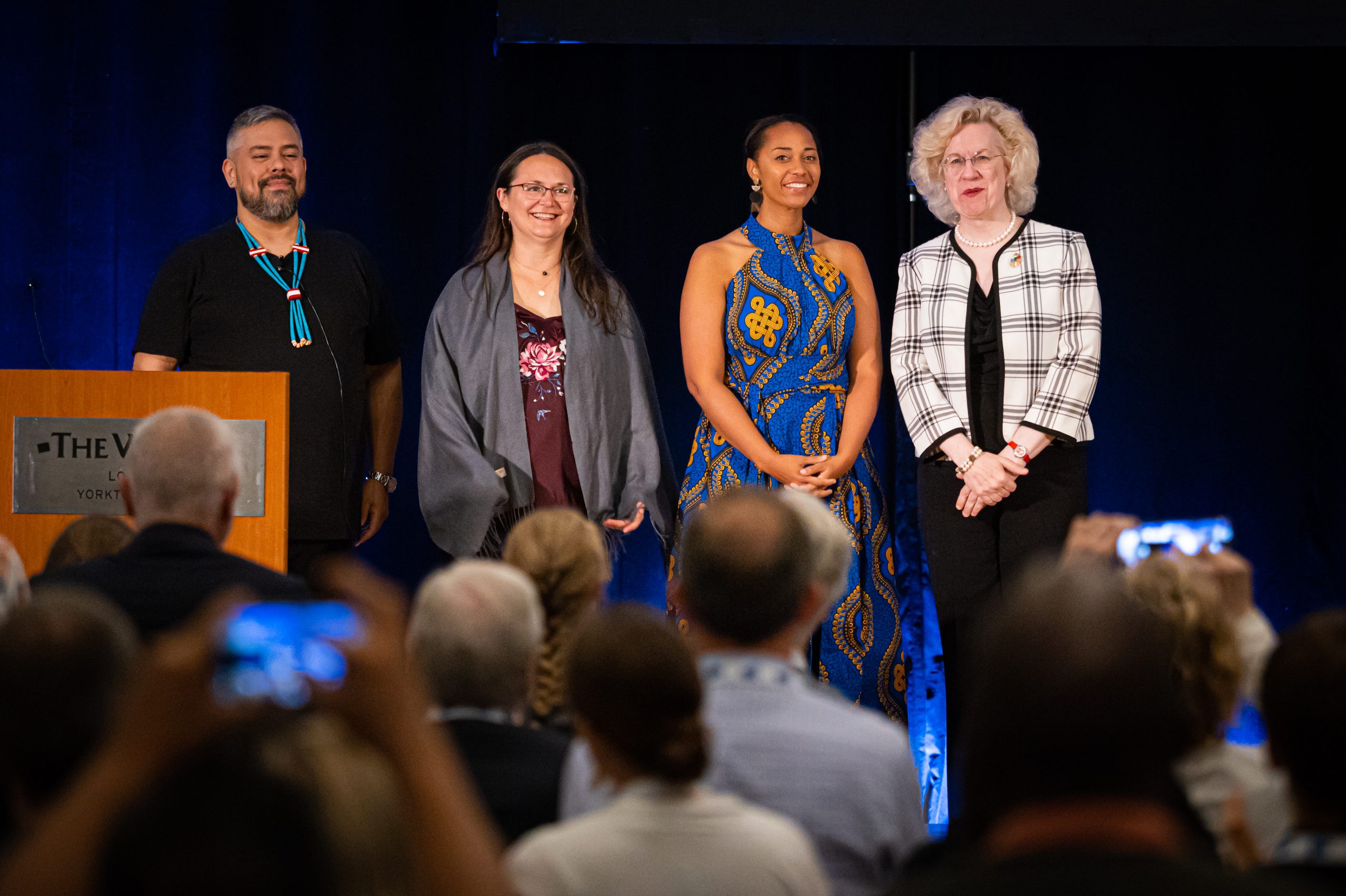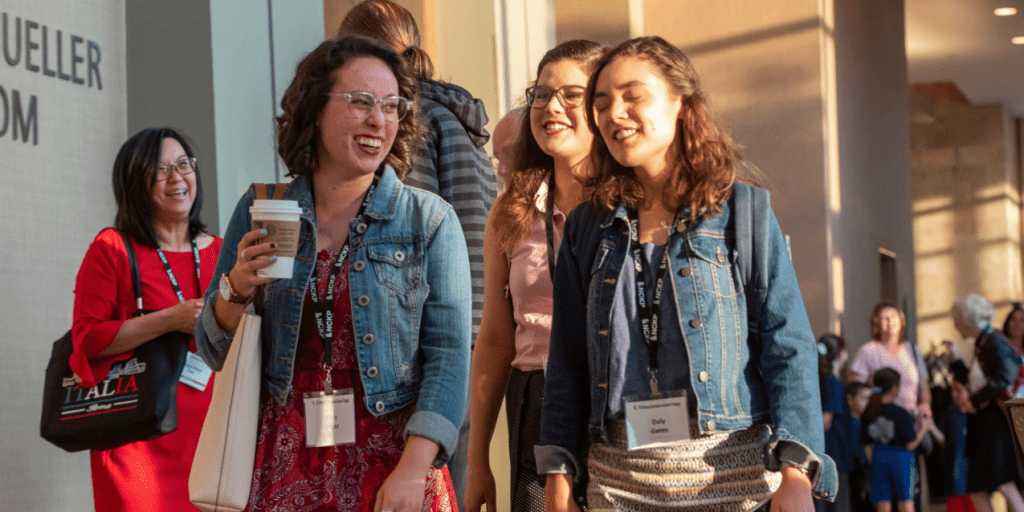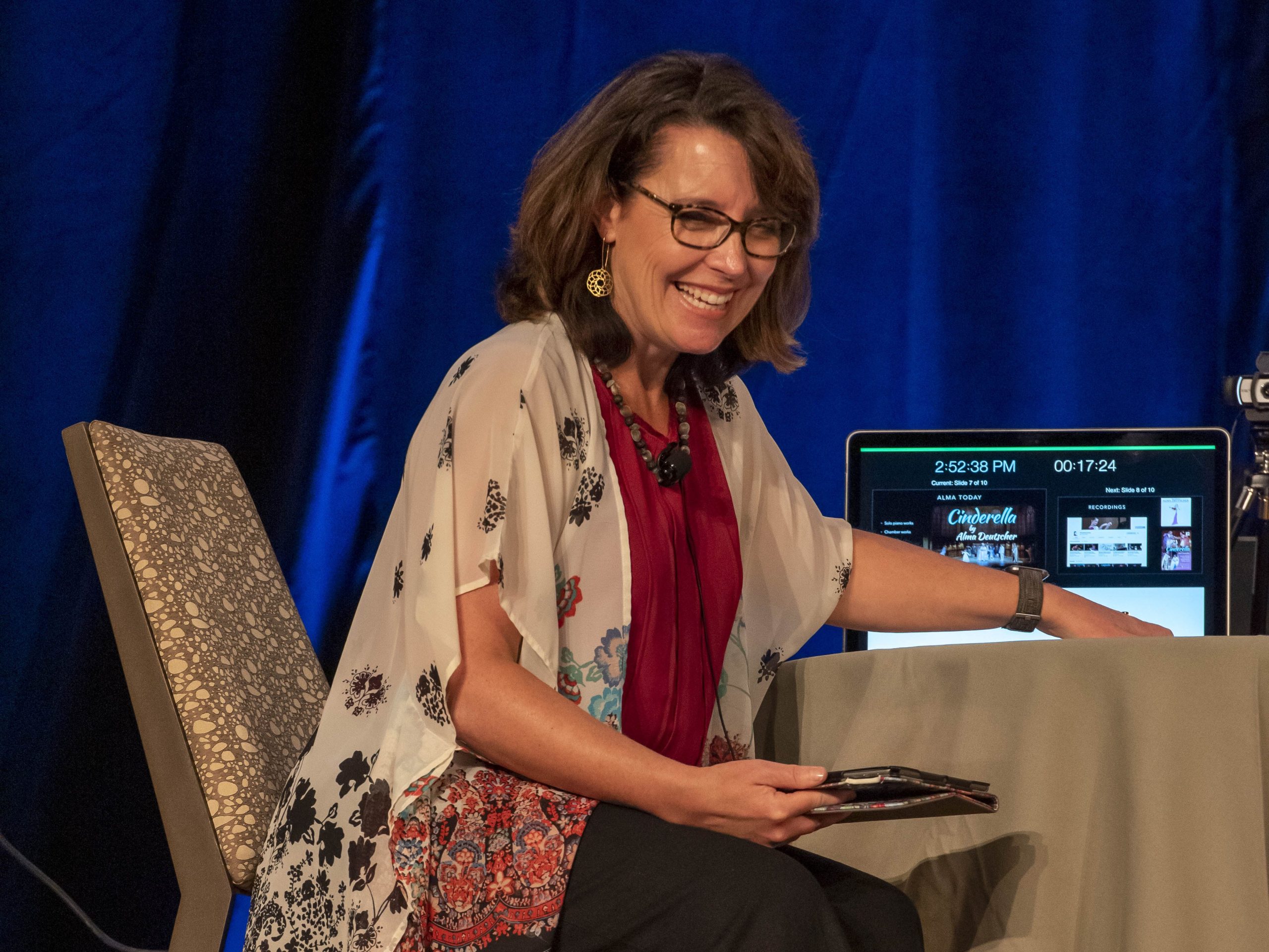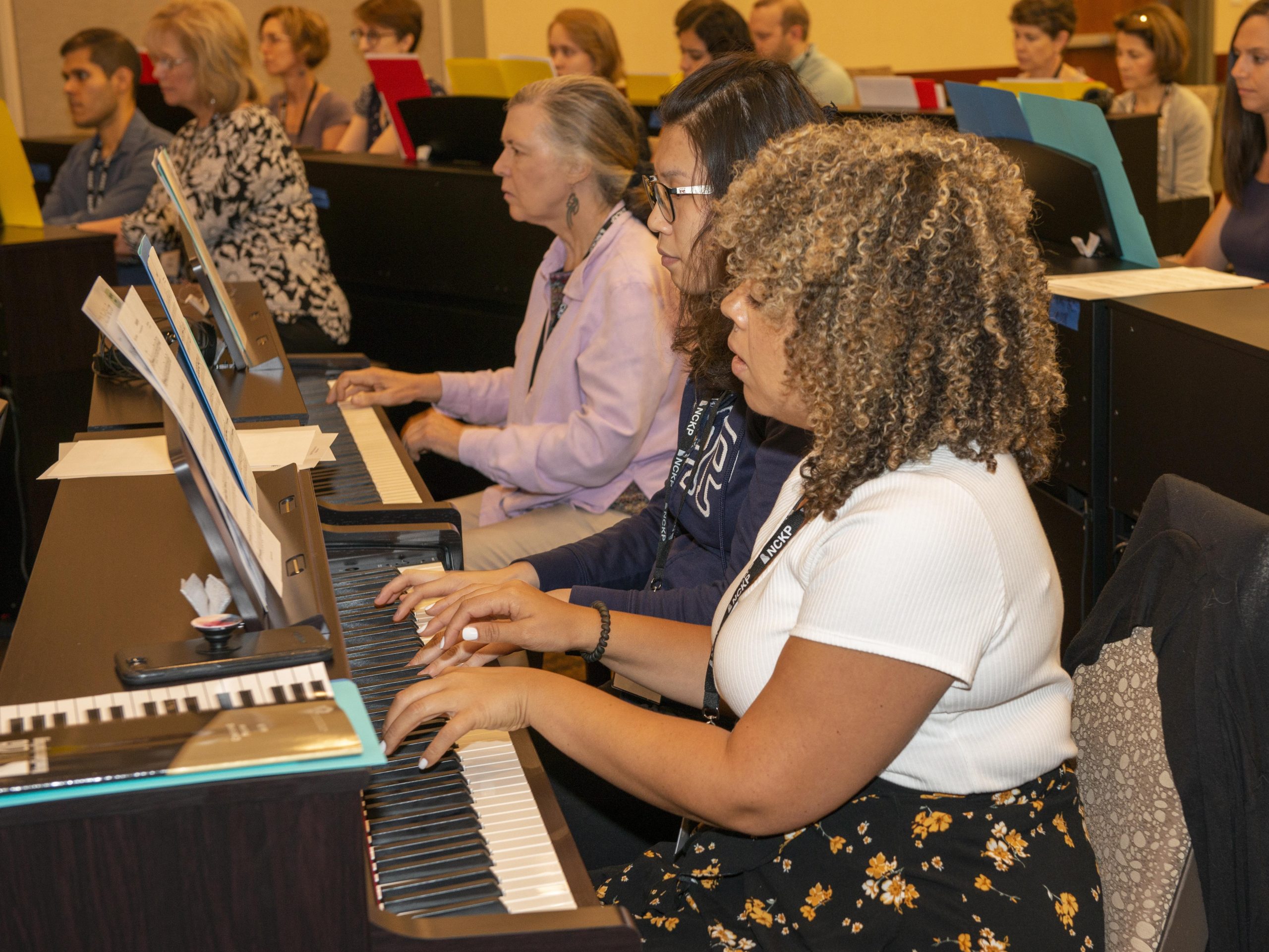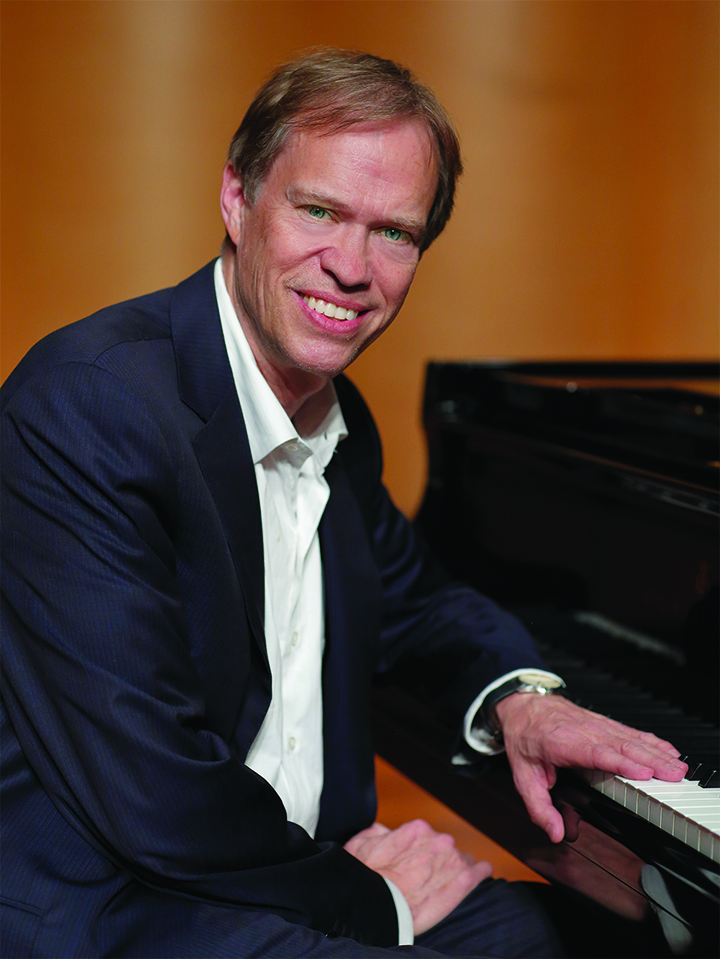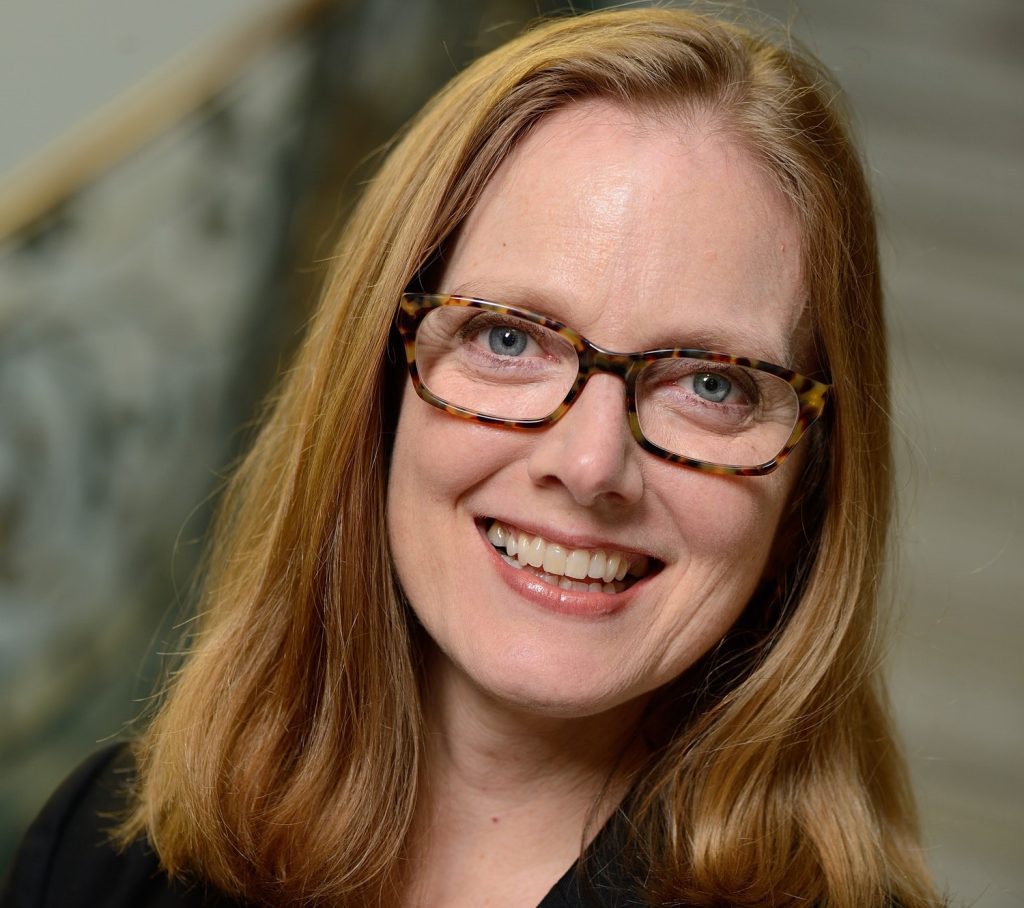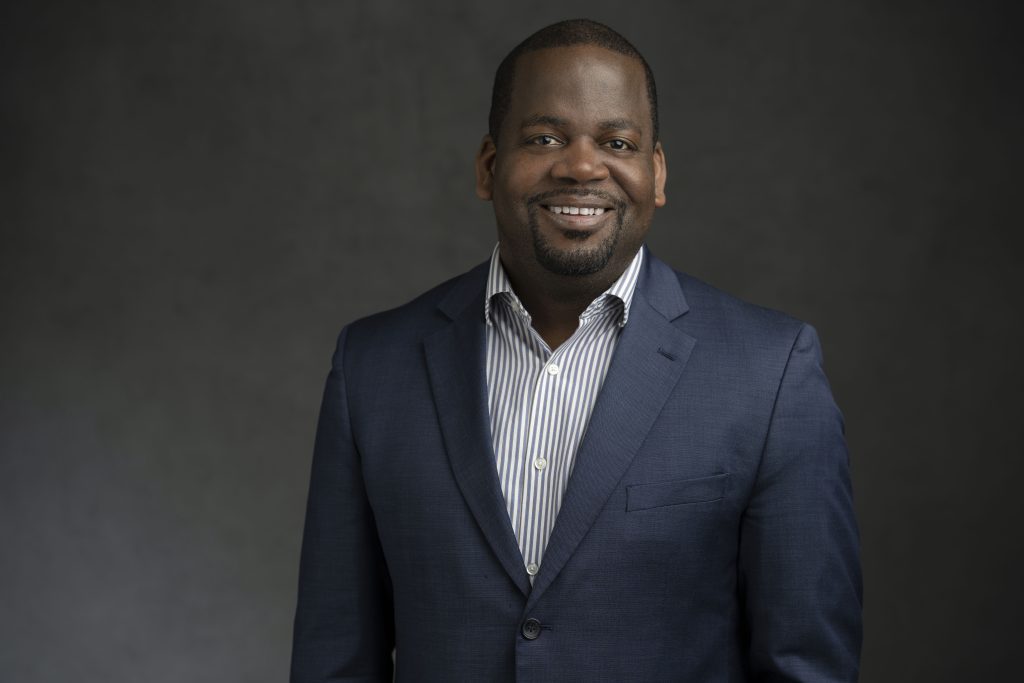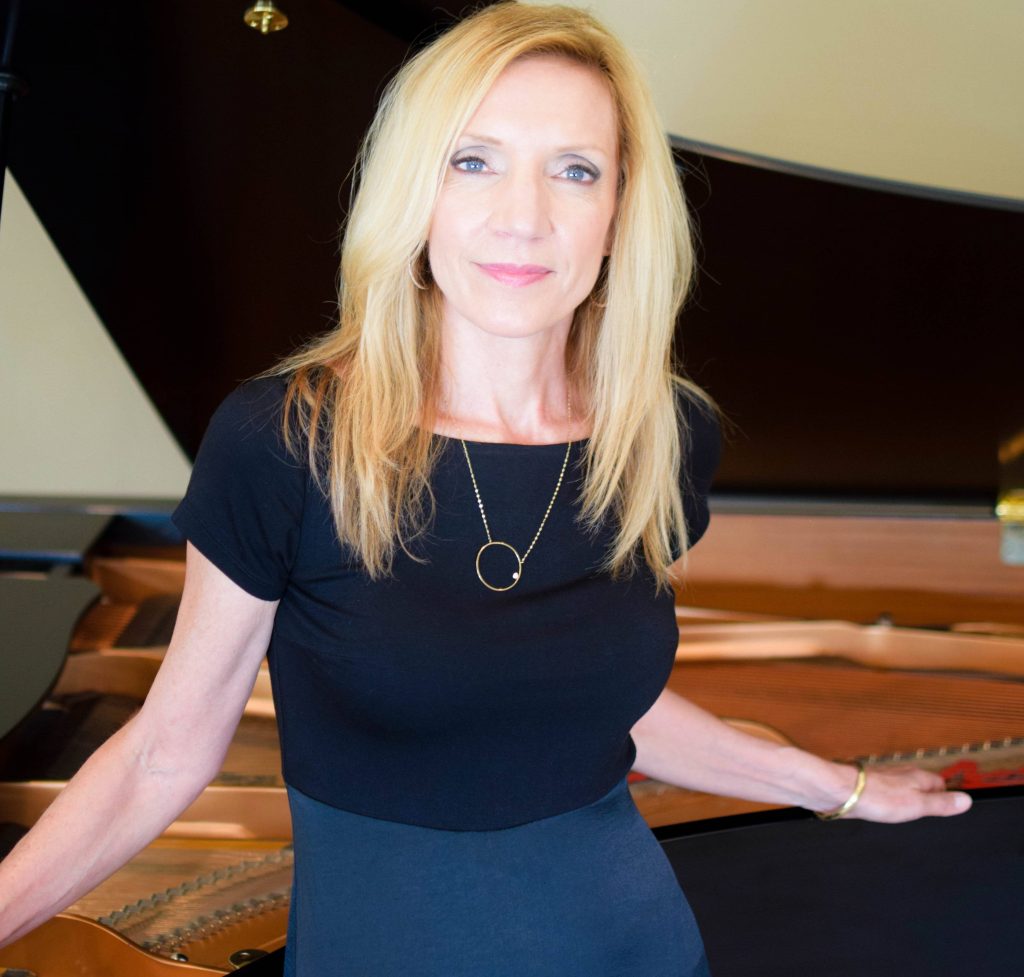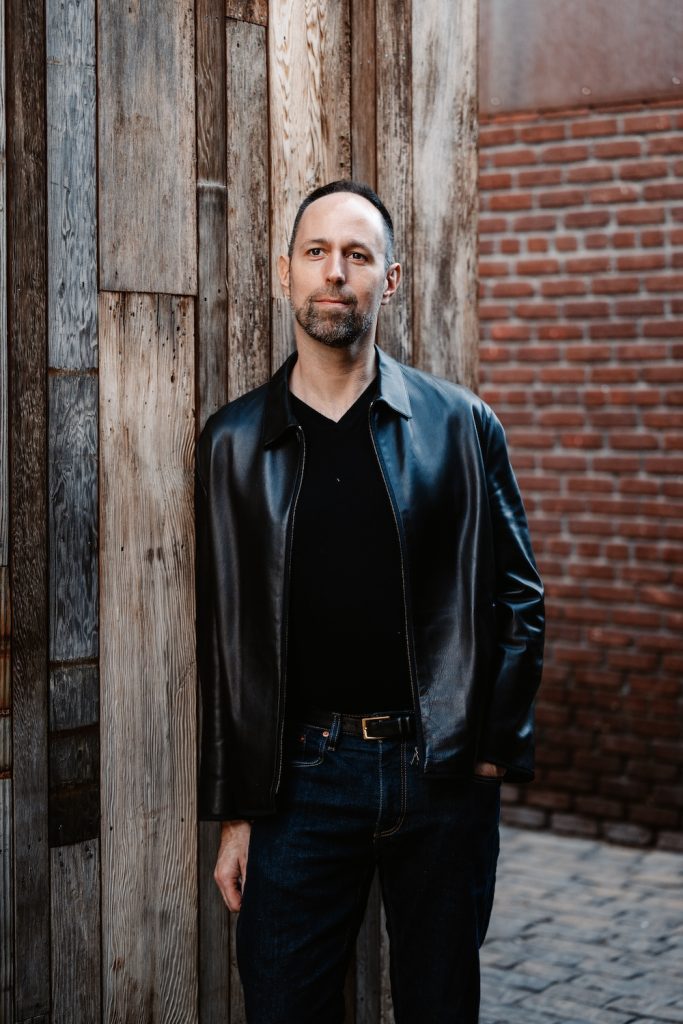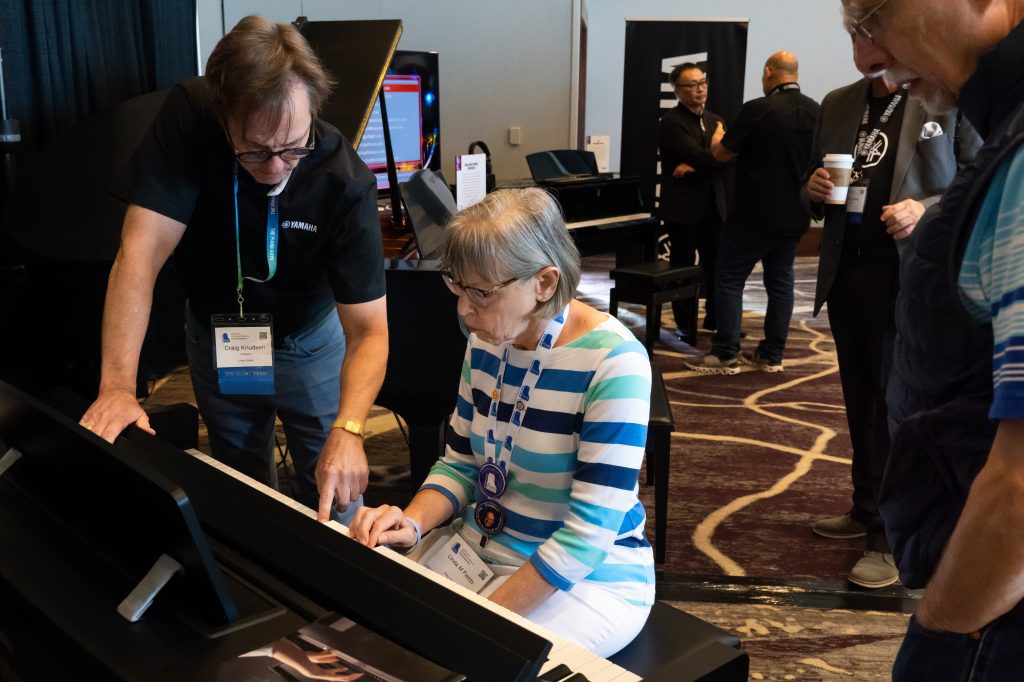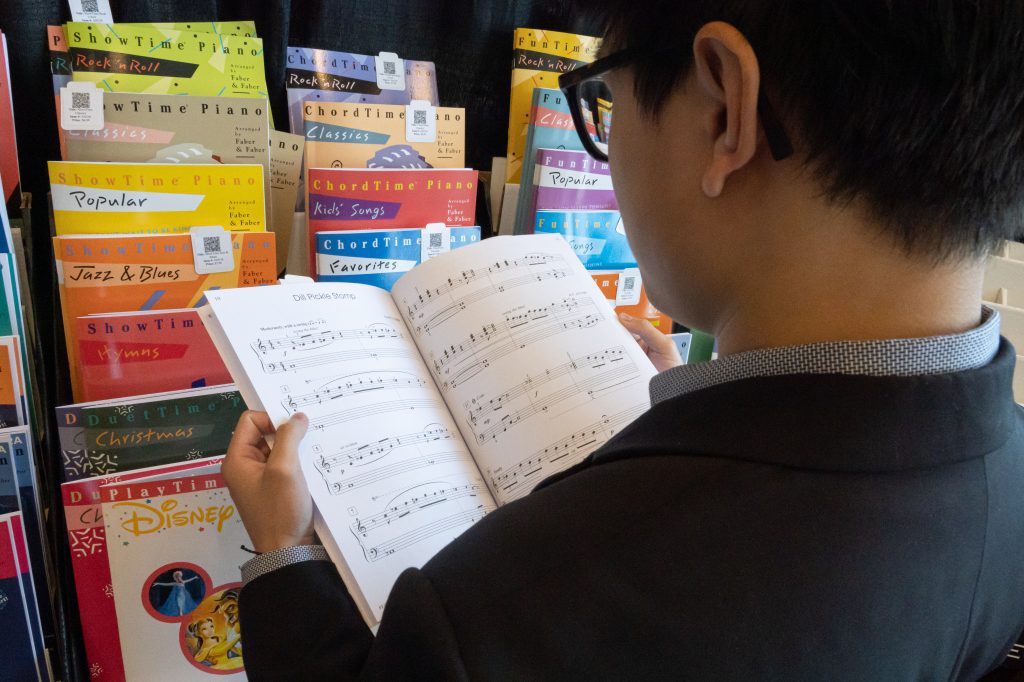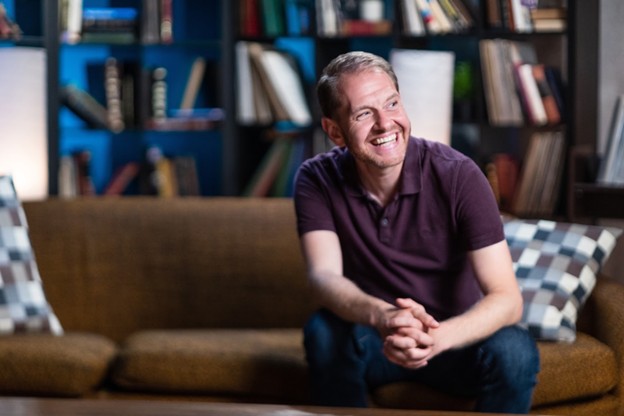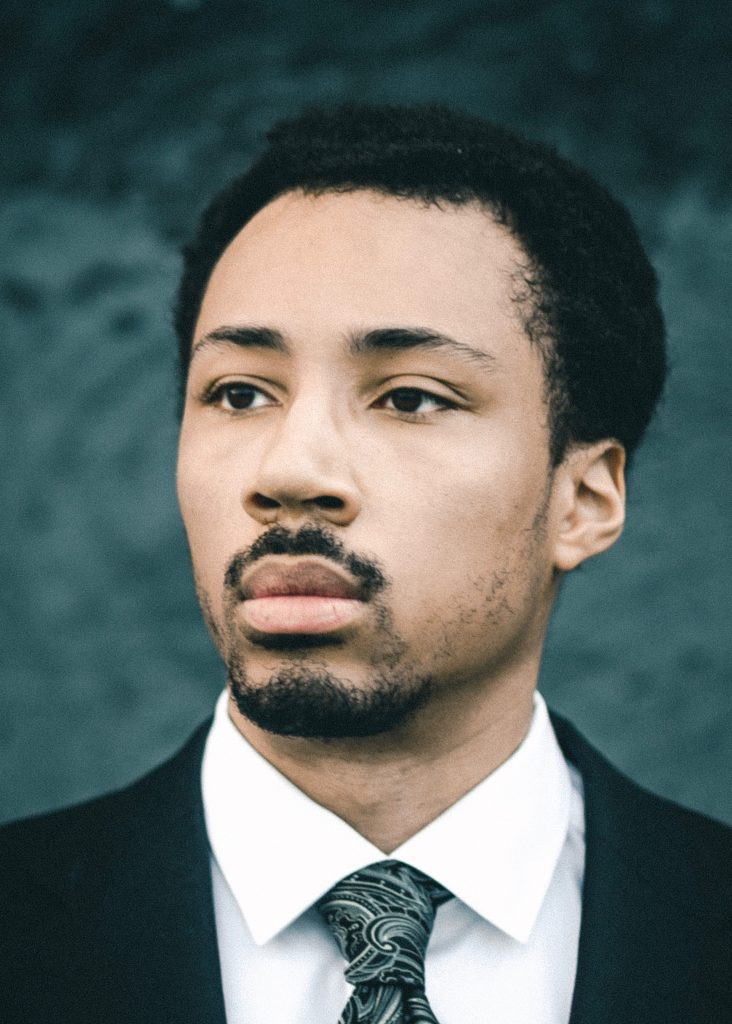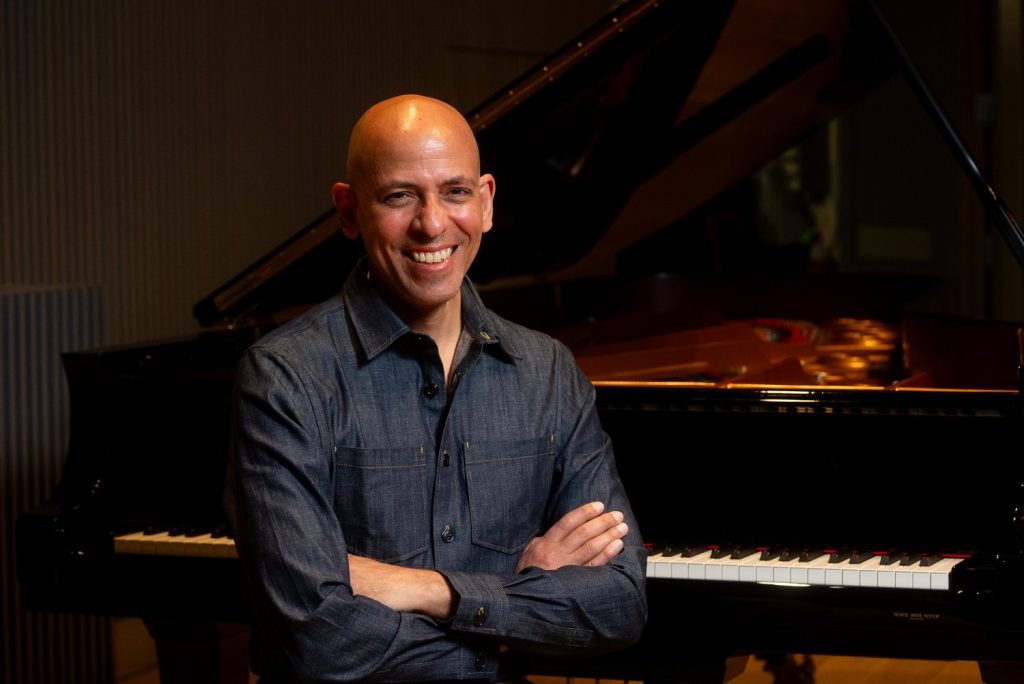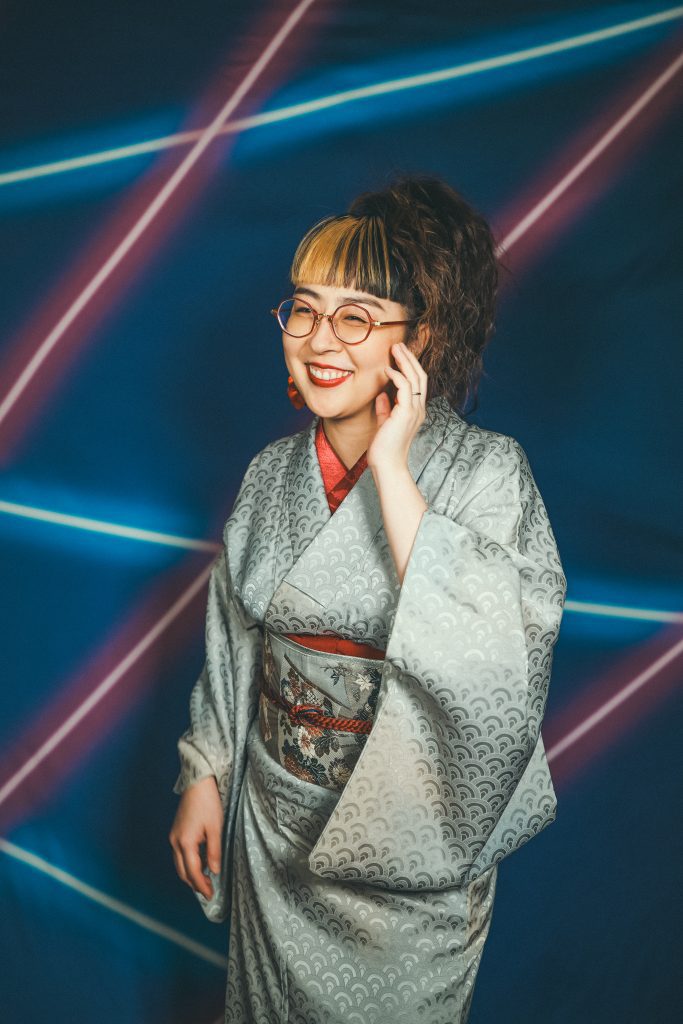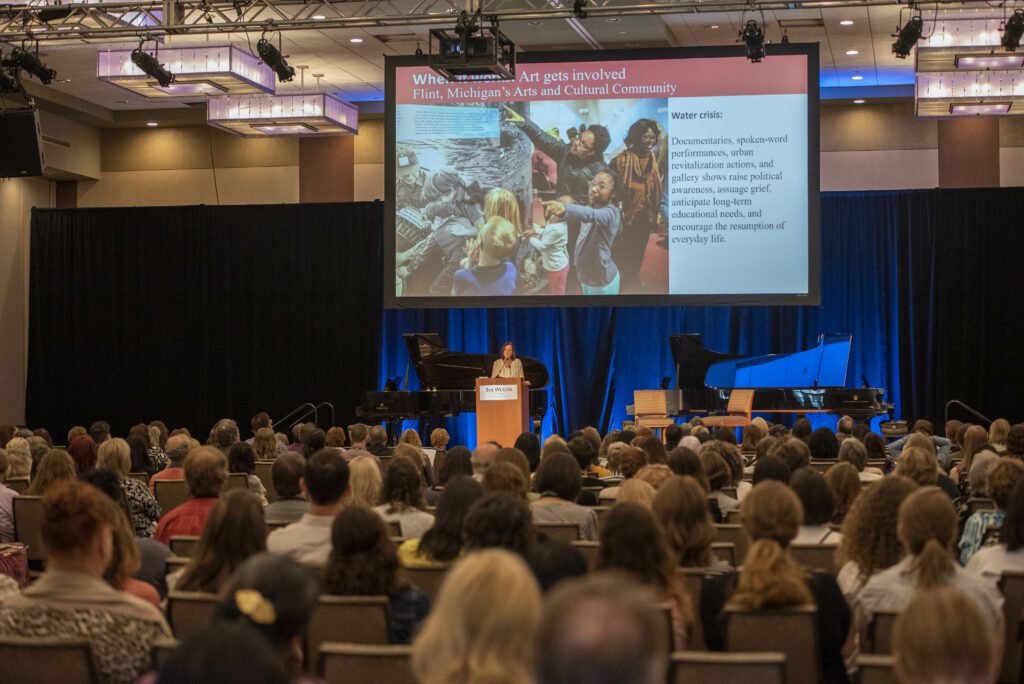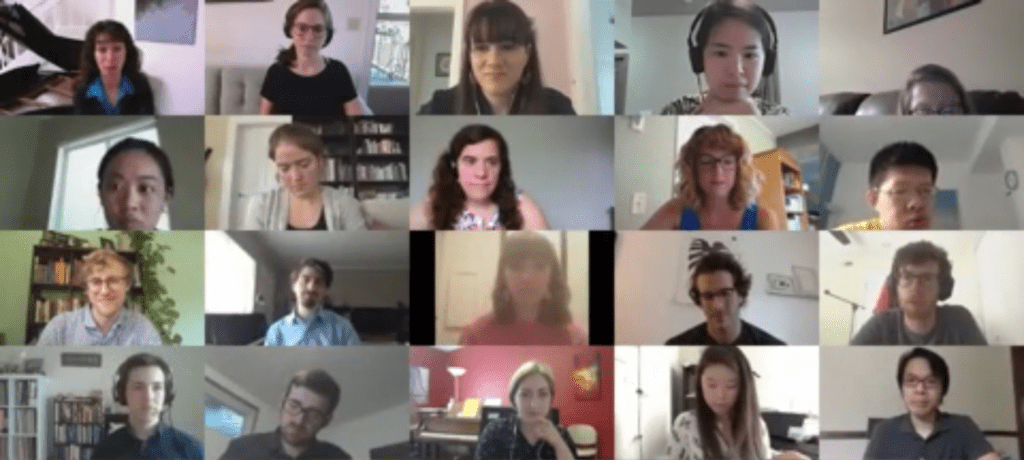Thanks to Trevor Thornton, member of the New Professionals Committee for The Piano Conference: NCKP 2025, for this post. Only a few days until the conference begins. Haven’t registered? Register for The Piano Conference today!
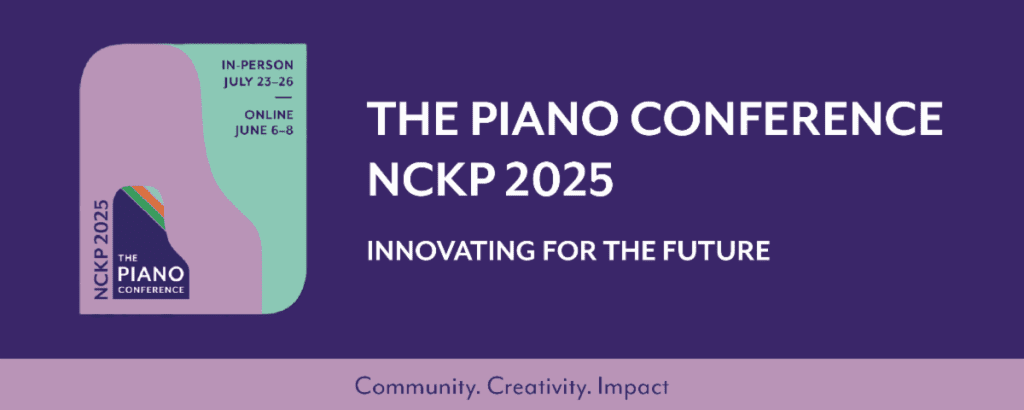
So, it’s your first time at The Piano Conference: NCKP. You are probably curious about what to expect. I remember the feeling well. My first NCKP changed my life, and it might change yours too. The Piano Conference has a gift for you regardless of the stage of your career, whether you are a piano performance major searching for your role in the field, an experienced teacher looking for friendships and inspiration, or a seasoned veteran who wants to leave your mark on the future of the profession. Each person will have different takeaways, but I believe we will all share these four in common:
New Performance Ideas
If you are looking for inspiration in your performance career, you can expect to gain many ideas from the presentations and performances at The Piano Conference: NCKP 2025. Several presentations this year are lecture recitals that will reveal the music of underrepresented composers. Take note! You might find yourself with an entirely new recital program by the end of the conference. There will also be performances, including evening concerts, lunchtime concerts, the New Professionals Concert, and a jazz concert. Each concert can be both inspiring and instructive, a place to learn how the performers of today shape their careers.
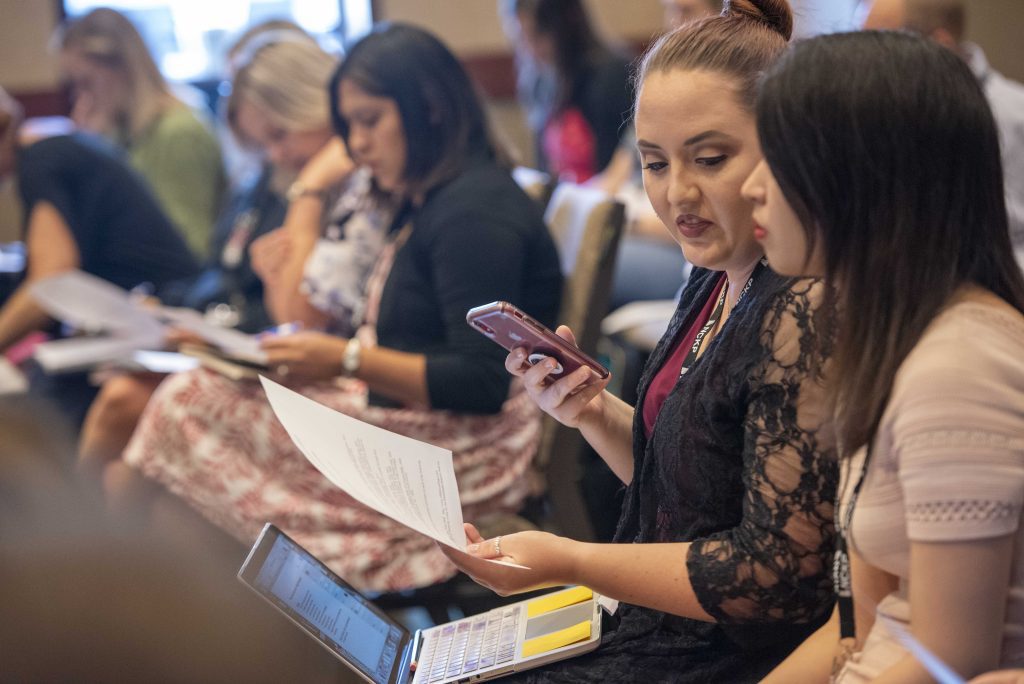
New Teaching Ideas
It is impossible to leave The Piano Conference without picking up hundreds of teaching ideas—some brand new and some helpful reminders. If you are a student or recent graduate, you will be drinking from a firehose of new information and perspectives. My advice? Try to absorb as much as you can, and decide what to implement or research further after the conference. One danger for us younger professionals is to pre-judge new information before understanding it, so make an effort to learn about as many approaches to teaching as possible!
New Connections
Marvin Blickenstaff talks about creating moments of expressive music-making in each lesson. He calls them “Purple Moments.” For me, the Purple Moments of The Piano Conference are the conversations with new and old conference friends and the moments of connection with like-minded colleagues. Pianists and piano teachers frequently work in isolation, making it even more important to create opportunities to deepen relationships with people who face similar challenges. You might find someone who has helpful answers to some of your professional questions! You might even meet a future employer or mentor.
Inspiration
Inspiration is subjective, but I believe it is impossible to leave The Piano Conference without a spark of it. It is incredibly stimulating to hear seasoned professionals discuss their teaching, research, and practice habits. There is a contagious level of dedication in the air. You will meet highly experienced teachers who are as passionate as ever about improving their craft. Best-case scenario, even the way you feel about your students will change as you listen to other devoted teachers speak. To paraphrase Jane Magrath’s acceptance speech for her NCKP Lifetime Achievement Award in 2019: Our students are lights that illuminate our paths, showing us the next steps in our careers. That beautiful imagery has been with me in many lessons since. I trust you will encounter similarly transformative ways of thinking at The Piano Conference: NCKP 2025. I hope to see you there!
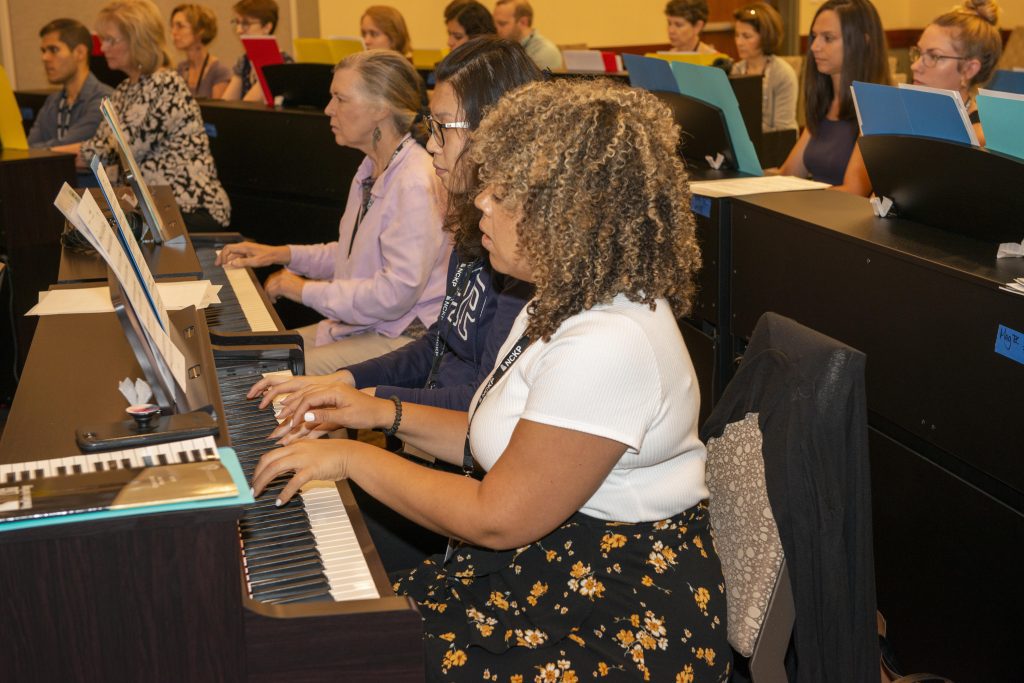
MORE ON THE PIANO CONFERENCE: NCKP
- THE PIANO CONFERENCE: NCKP 2025
- WEBINAR: NCKP 2023 Committee Webinar: Facing the Future with Jason Sifford
- PIANO MAGAZINE: Some reflections on the 2005 National Conference on Keyboard Pedagogy (NCKP) by Elvina Truman Pearce
- WEBINAR: NCKP 2023 Committee Webinar: How to Practice Jazz and Improvisation with Jeremy Siskind
- WEBINAR: Teaching Demonstration (NCKP Rebroadcast) with Marvin Blickenstaff
- DISCOVERY PAGE: The Benefits of NCKP: The Piano Conference and Why You Should Attend by Marvin Blickenstaff
- DISCOVERY PAGE: What to Expect at The Piano Conference: NCKP 2025: From the Inclusive Teaching Track and Keyboard Lab Presentations by Derek Kealii Polischuk and Sara Ernst
- DISCOVERY PAGE: What to Expect at The Piano Conference: NCKP 2025: From the Technology and New Professionals Tracks by Stella Sick and Allison Shinnick Keep
- DISCOVERY PAGE: What to Expect at The Piano Conference: NCKP 2025: From the International Track by Luis Sanchez
- DISCOVERY PAGE: What to Expect at The Piano Conference: NCKP 2025: From the Collaborative Performance and Research Committee Chairs by Sara Ernst, Alexandra Nguyen, and Alejandro Cremaschi
- DISCOVERY PAGE: What to Expect at The Piano Conference: NCKP 2025: From the Performance Practice, Teaching Adults, and Business & Entrepreneurship Committee Chairs by Sara Ernst, Andrew Cooperstock, Jackie Edwards-Henry, and Andy Villemez
- DISCOVERY PAGE: What to Expect at The Piano Conference: NCKP 2025: From the Creative Music Making, Independent Studio Teachers, and Young Musicians Committee Chairs by Sara Ernst, Jason Sifford, Janet Tschida, and Jeremy Siskind
- DISCOVERY PAGE: What’s New at The Piano Conference: NCKP 2025 by Sara Ernst, Michaela Boros, and Megan Hall

